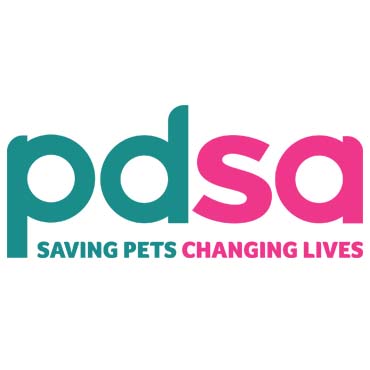Around this time of year, it’s not uncommon for us as owners to indulge a little more than we normally would. Colder weather may also make you wonder whether your pet is getting enough to eat, so we’re looking at how much you should feed your pet.
Sadly, there’s no magic number we can give you to tell you exactly how much food you should be giving your pet. Every pet will be different, even within the same species (for example, a Chihuahua will have very different sized meals to a Great Dane). So if you’re unsure, we’d always recommend giving your vet or vet nurse a call and asking for their advice.
If you know your pet’s weight (ask your vet or vet nurse for the best way to weigh your pet), all pet food will have feeding guides on the packaging or the manufacturer’s website. This guide will tell you how much of that particular food your pet needs for their weight, which you should feed in weighed out portions. So, you’ll need to know the actual weight of your pet first, so you can decide whether they are underweight, overweight or the correct weight. You can then alter the amount you feed your pet based on whether they need to lose weight, gain weight, or stay as they are.
If after checking your pet's body condition score you’re worried that your pet is very overweight, then you may need extra help from your veterinary team. Pets that are obese may need a specific diet food, close monitoring and support during their weight loss journey. Your vet may even suggest some tests in case there is an underlying health condition. Most vet surgeries offer weight clinics, usually run by vet nurses who can offer you some great advice and ease the process of the weight loss. They’ll be open to a phone call too if you just need a little moral support.
We’d always recommend feeding your dog or cat a high quality, complete, commercially available pet food as this will make sure they’re getting all the nutrients they need. You can stock up on vet-approved food in our online shop.
What affects how much my pet should be eating?

There are a number of things that have an impact on how much you should be feeding your pet. These include:
- What food they’re currently on
- Their weight
- Their age
- Their activity levels
- Any medical issues they may have.
Even though it’s getting a little colder at the moment, this isn’t something that should impact how much you feed your pet. As long as they have a warm bed to curl up in, they’ll be happy without any extra winter weight gain!
It’s really important to make sure your pet is weighed regularly and you keep an eye on their body condition score. This will help you keep their weight in check and better understand how much they should be eating.
You can read more about how to tell whether your pet is overweight on our Hub pages:
Should I feed my pet more over the holidays? Can they have a Christmas dinner?

We wouldn’t recommend giving your pet extra food over the Christmas period (or any other time of the year) unless they are underweight and your vet tells you to. Extra food can quickly lead to even the most active pets becoming podgy couch potatoes, which isn’t very nice for them and is super unhealthy.
If you want to give your pet an extra treat here and there over the holidays, remember to reduce the amount of food they have in their main meals to make up for the extra calories. Treats shouldn’t make up more than 10% of your pet’s daily food allowance. You might also want to consider whether your pet would prefer a new toy or some extra playtime instead of a food treat.
We’d generally recommend avoiding giving your pet an actual Christmas dinner. There are lots of things in our food that are really unhealthy and even dangerous for dogs and cats. Have a look to see if your pet food manufacturer does a Christmas-themed flavour of your pet’s favourite food as a healthy alternative.
If you really can’t resist giving your pet a little of your roast dinner, take a look at our free guides to find out what parts of a Christmas dinner are safe for dogs and cats:
Remember to always feed your pet treats in moderation and keep an eye on their weight!

